Your cart is currently empty!
Tag: Sustainability
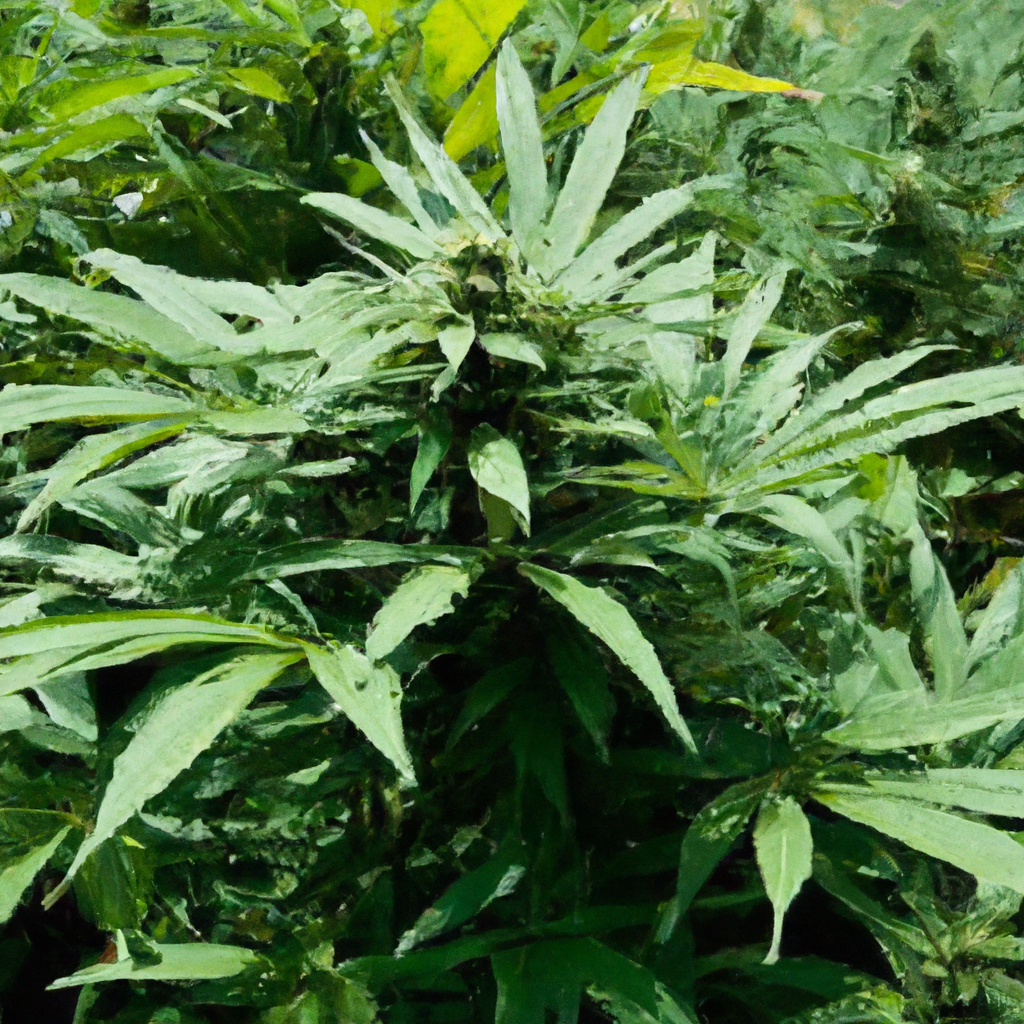
Organic cannabis cultivation prioritizes quality, sustainability, and health by integrating natural ecosystems. This approach enhances yields and supports environmental health through techniques like using natural fertilizers, composting, and pesticide-free methods. Building a robust soil ecosystem, avoiding synthetic chemicals, and employing natural pest control strategies, such as beneficial insects and neem oil, are key components. The…
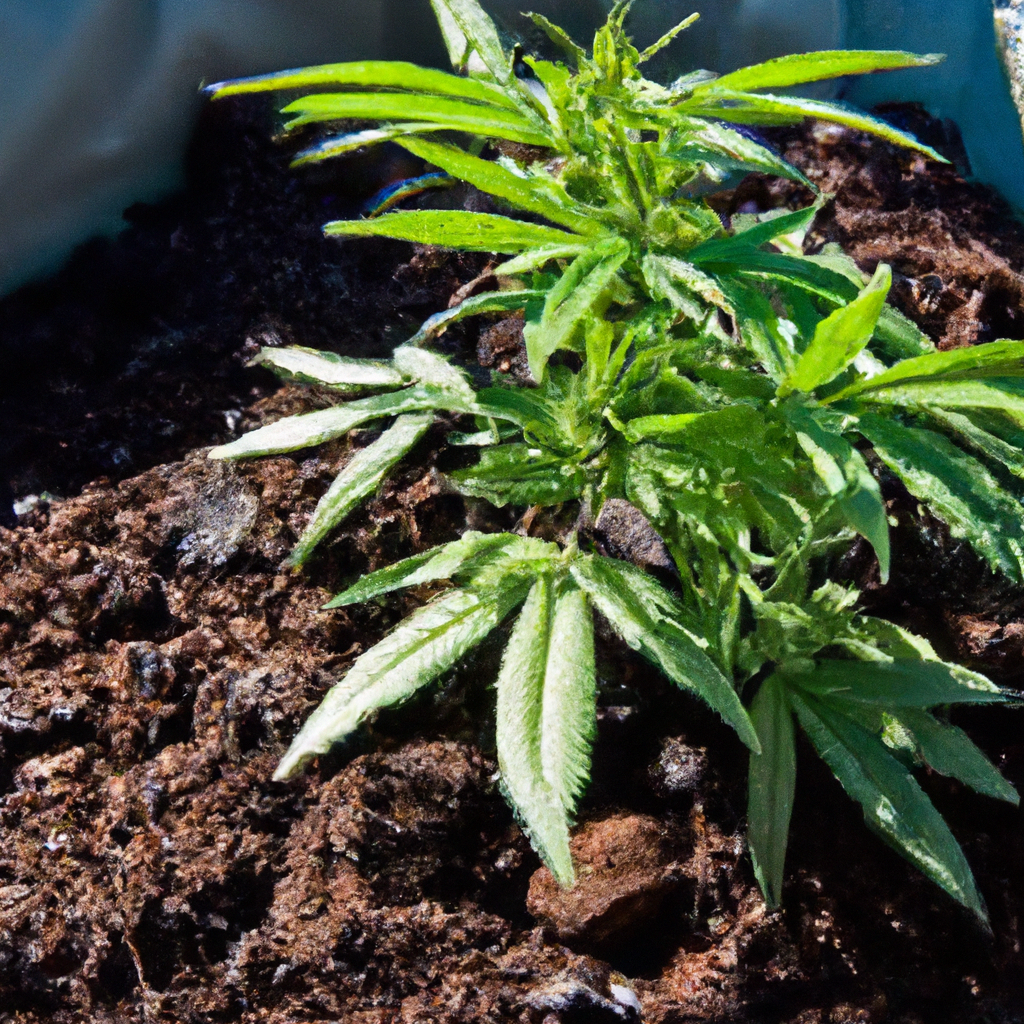
Organic cannabis cultivation is thriving as demand for sustainable products increases. By emphasizing natural fertilizers, composting, and eco-friendly pest management, growers can benefit the environment while producing cannabis with rich flavors and potent effects. Key practices include using compost, animal manure, and bone meal to enrich soil, building healthy soil ecosystems through beneficial microbes and…
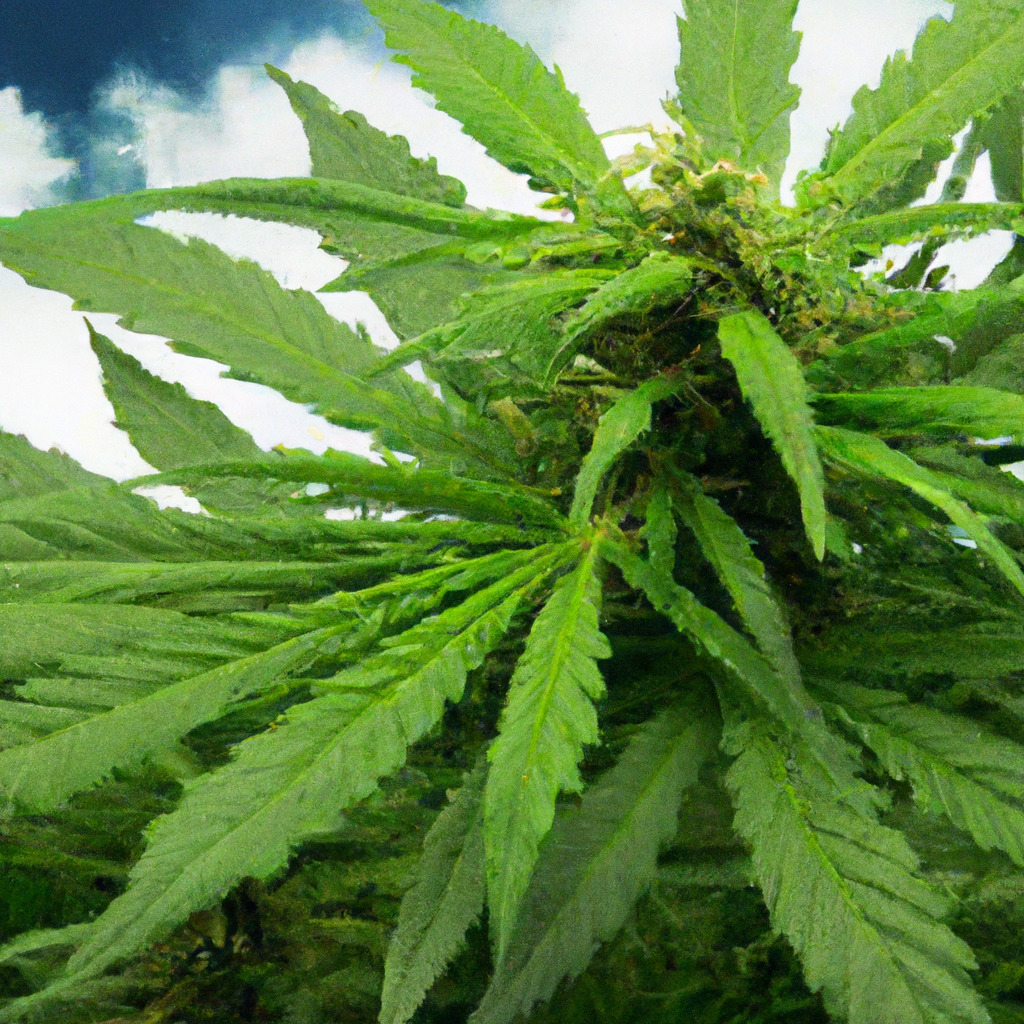
As the global cannabis industry expands, its impact on agriculture and sustainability becomes increasingly significant, particularly regarding soil health. Cannabis cultivation can both positively and negatively influence soil ecosystems. Positive effects include enhanced nutrient cycling and microbial diversity, while challenges such as over-farming and soil depletion may arise without sustainable practices. Cannabis also has potential…
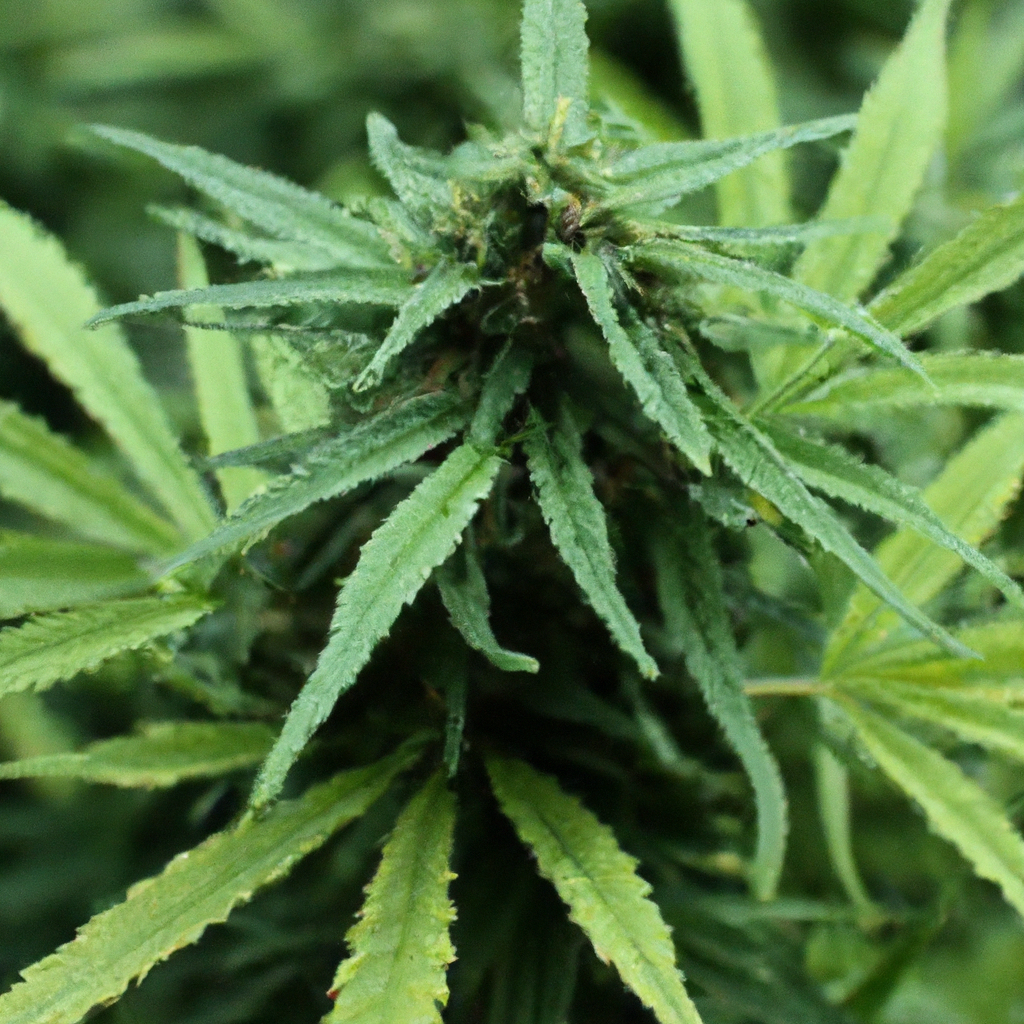
In an age where sustainability is key, organic cannabis cultivation offers an eco-friendly approach by using natural ingredients and techniques instead of synthetic chemicals. This method promotes healthier products and environmental support. Essential practices include building a thriving soil ecosystem with compost and companion planting, using natural fertilizers like worm castings and compost teas, and…
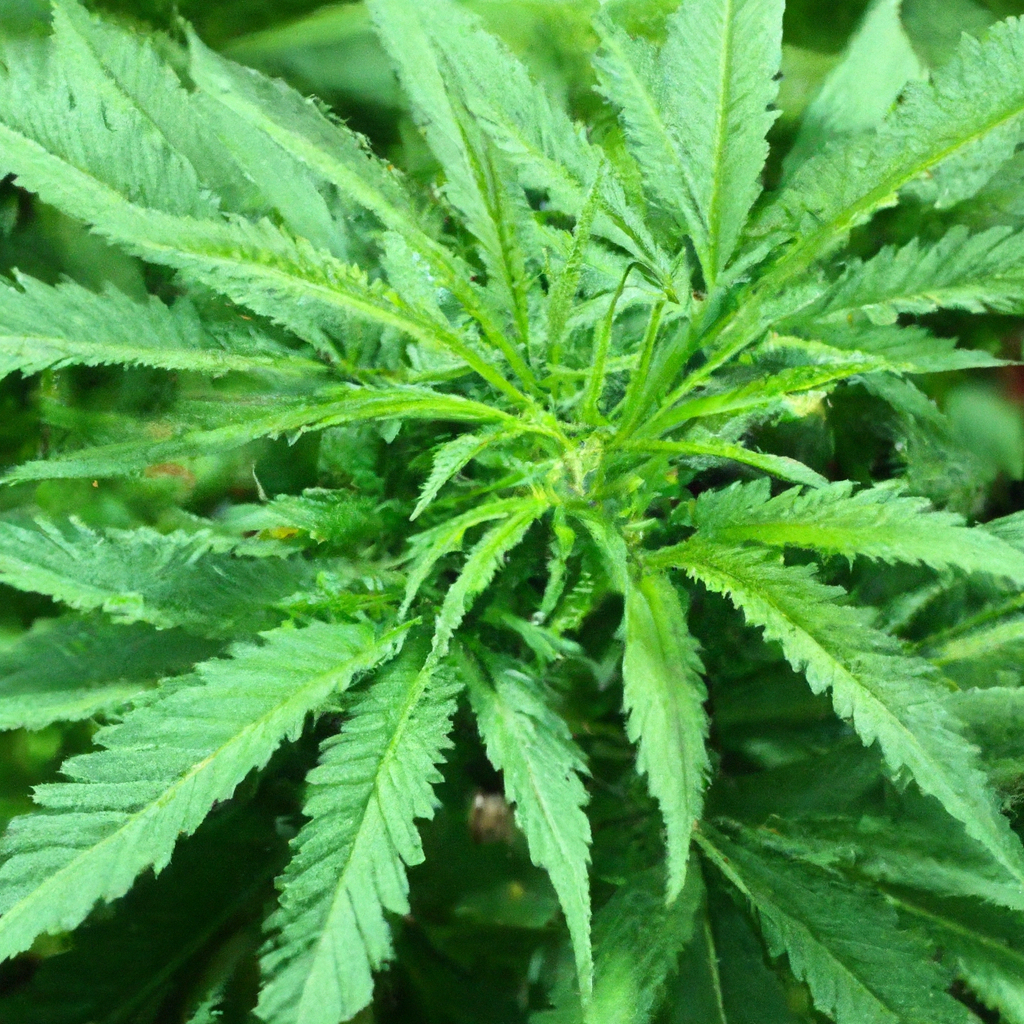
Organic cannabis cultivation emphasizes sustainability and health by using natural techniques to minimize environmental impact and appeal to eco-conscious consumers. This guide outlines natural practices such as composting, cover crops, and soil amendments to create a healthy soil ecosystem, along with natural fertilizers like fish emulsion and bone meal. It also covers eco-friendly pest control…
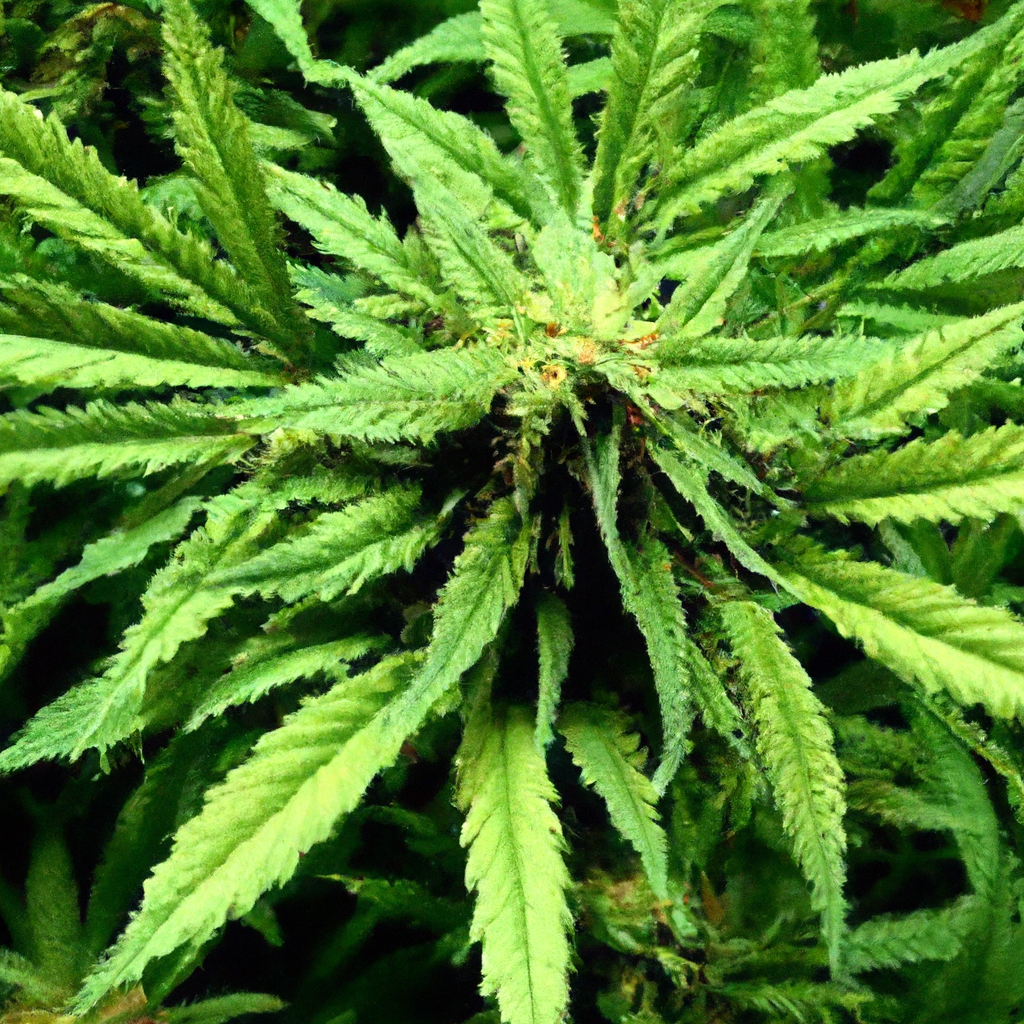
Embracing organic cultivation in cannabis farming promotes a healthier product and aligns with environmental sustainability. By avoiding synthetic chemicals, growers use natural fertilizers like compost, bone meal, and fish emulsion to enhance soil vitality. Natural pest control through beneficial insects, neem oil, and companion planting protects plants without harmful pesticides. Sustainable practices such as crop…
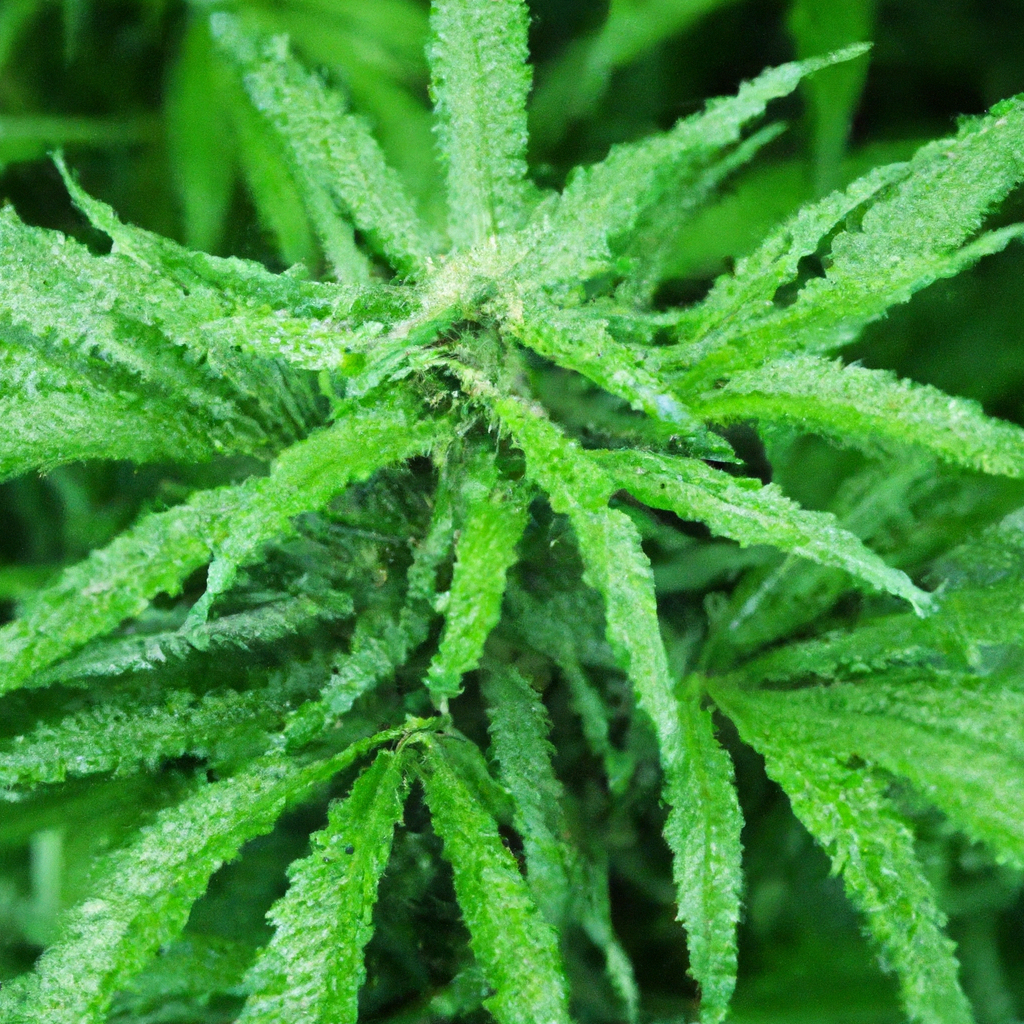
Organic cannabis cultivation is gaining traction for its cleaner and more sustainable approach to growing crops. By utilizing natural fertilizers, fostering healthy soil ecosystems, and employing organic pest control methods, growers can produce high-quality yields while benefiting the environment. This blog post explores best practices such as using compost, worm castings, and kelp extracts for…
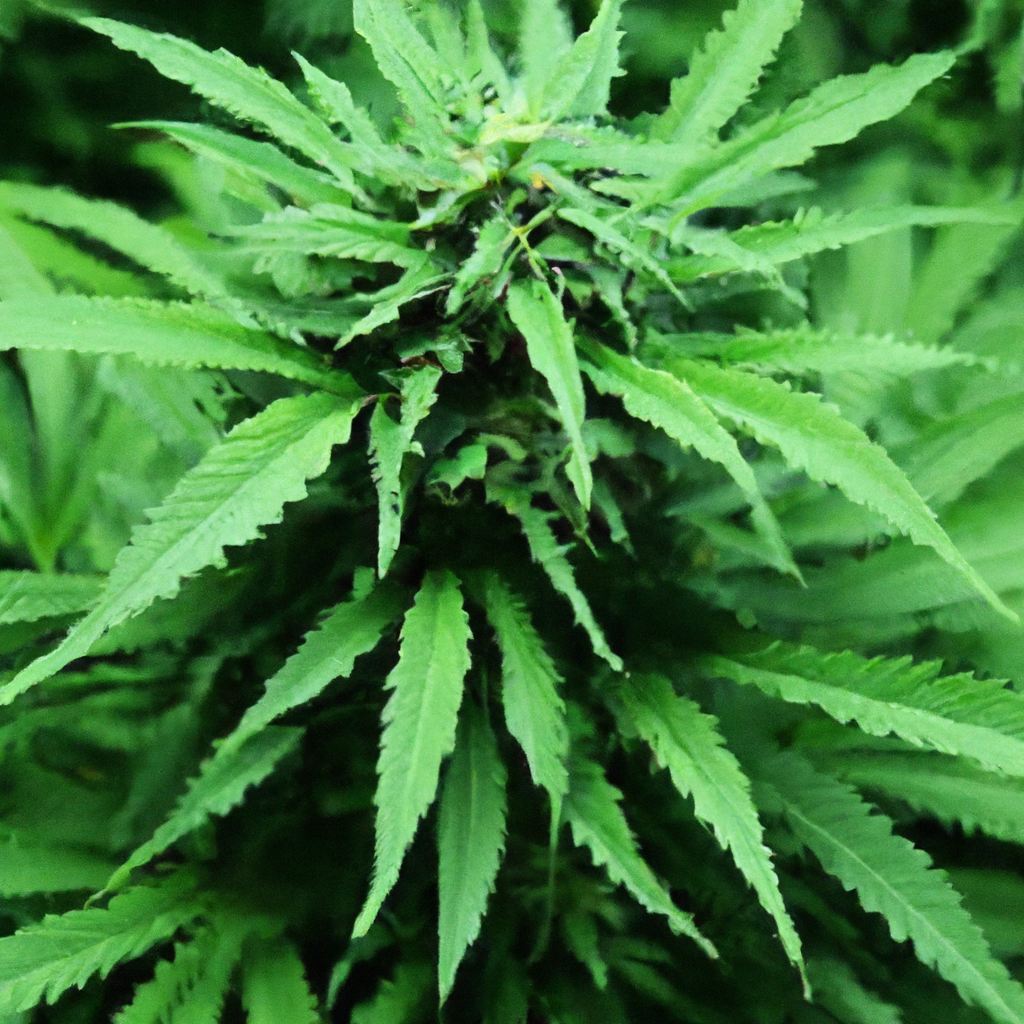
Organic cannabis cultivation is a sustainable approach that enhances both environmental health and product quality. This guide explores best practices for organic growing, focusing on natural fertilizers, compost, and eco-friendly pest control. By nurturing a thriving soil ecosystem without synthetic substances, growers can produce superior cannabis rich in terpenes and flavonoids. Techniques such as companion…
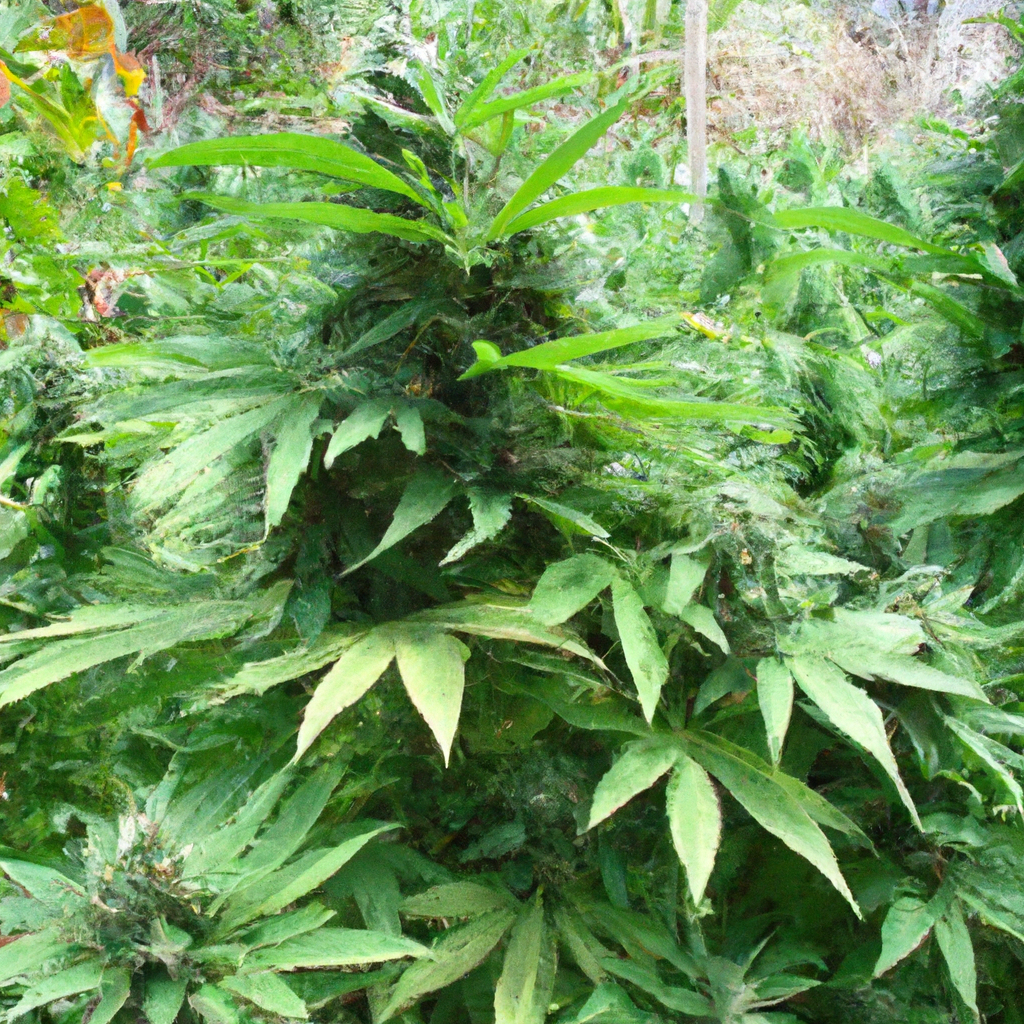
In the cannabis cultivation community, organic growing has become a key focus for enhancing sustainability and produce quality. This approach centers on building vibrant soil ecosystems through composting, cover crops, and mulching, and replacing synthetic fertilizers with natural alternatives like fish emulsion and bone meal. Pest control relies on beneficial insects, neem oil, and companion…
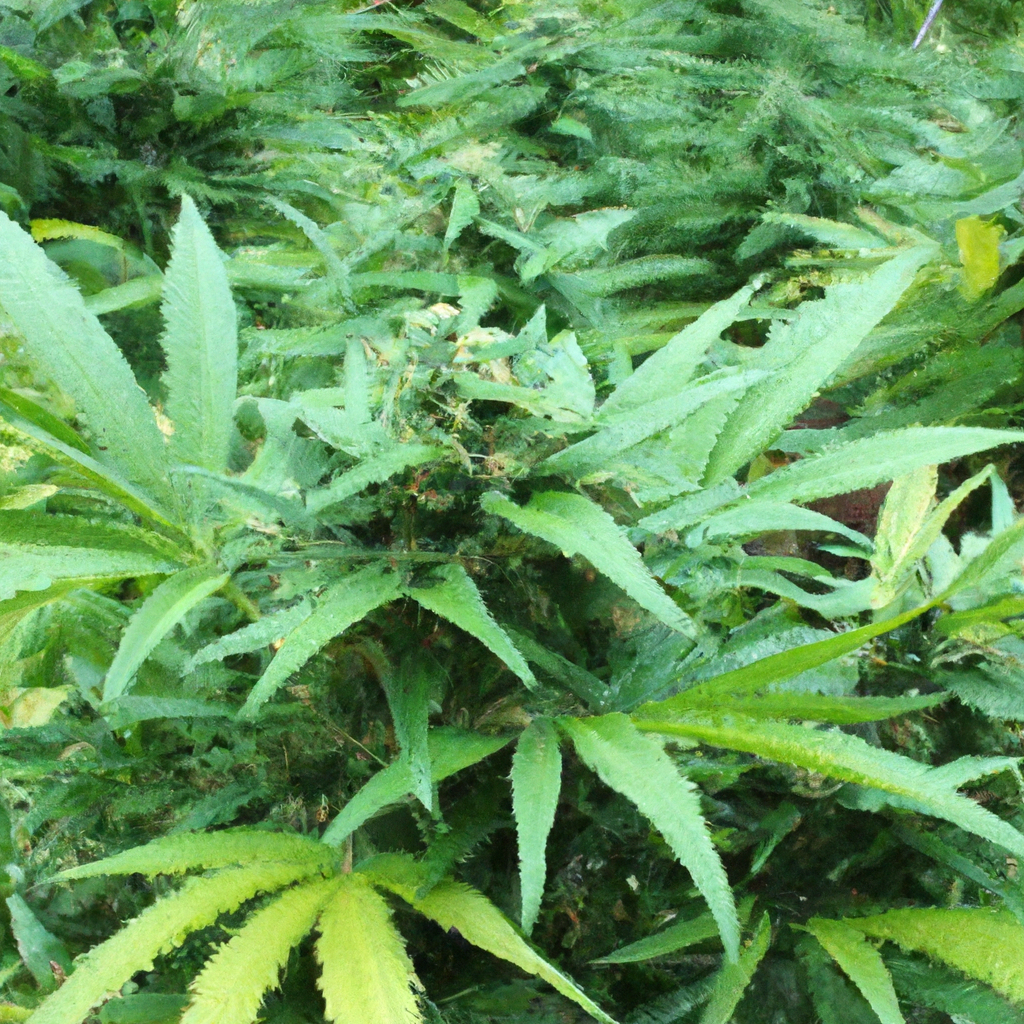
The cannabis industry’s shift towards organic cultivation methods highlights a commitment to sustainability and quality, benefiting both the environment and consumers. This guide explores best practices such as building a robust soil ecosystem with composting, mulching, and companion planting, as well as nurturing plants with natural fertilizers like manure and fish emulsion. For pest control,…
